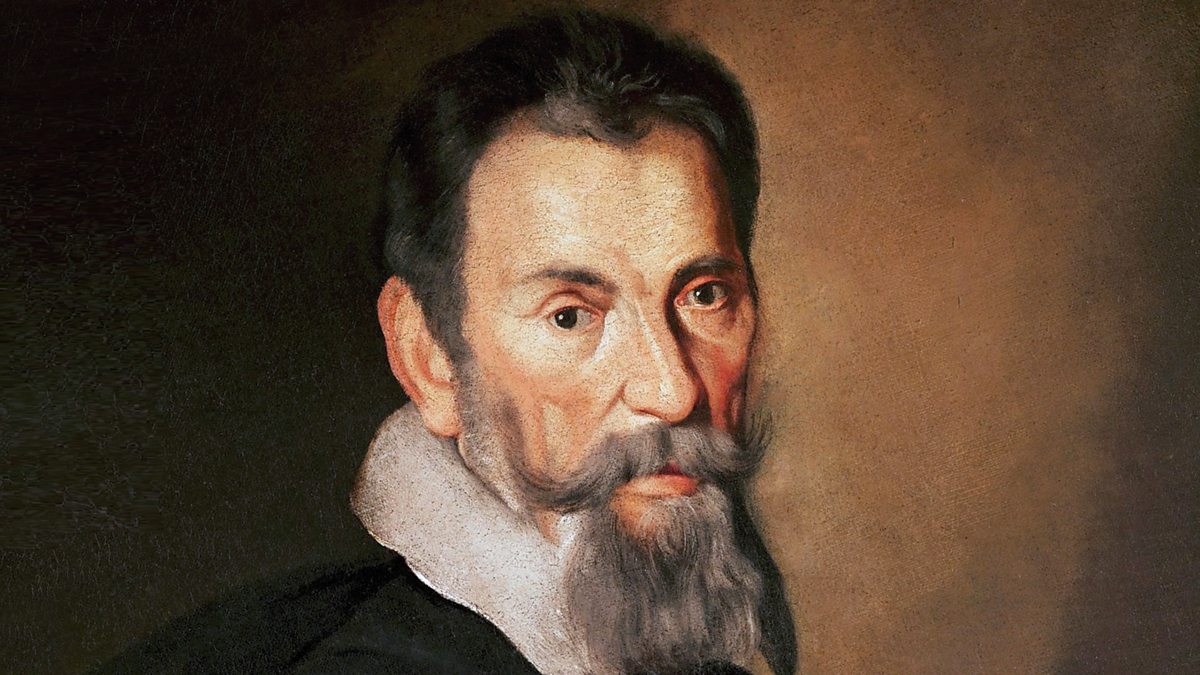Introduction:
Claudio Monteverdi, an illustrious figure in the realm of classical music, stands as a beacon of innovation and creativity in the transition from the Renaissance to the Baroque era. Renowned for his groundbreaking compositions and profound influence on the development of opera, Monteverdi’s life journey is a testament to artistic evolution and musical genius.
Early Life and Education:
Born on May 15, 1567, in Cremona, Italy, Claudio Giovanni Antonio Monteverdi was baptized into a world rich with musical heritage. Raised in a family of distinguished musicians, young Claudio exhibited exceptional musical talent from an early age. Under the guidance of his father, Baldassare Monteverdi, a surgeon and amateur musician, Claudio received his initial musical training.
Monteverdi’s education flourished under the tutelage of Marc’Antonio Ingegneri, a prominent composer of the late Renaissance period. Ingegneri’s mentorship nurtured Monteverdi’s musical prowess, laying the foundation for his future accomplishments.
Early Career and Musical Innovations:
In 1590, Monteverdi embarked on his professional journey, securing a position as a musician at the court of Vincenzo I Gonzaga, Duke of Mantua. This marked the beginning of a fruitful association with the Gonzaga family, where Monteverdi’s talent flourished amidst the vibrant cultural milieu of the Italian Renaissance.
During his tenure in Mantua, Monteverdi’s innovative spirit and experimentation with musical forms began to emerge. His compositions, characterized by expressive melodies and daring harmonies, garnered widespread acclaim, establishing him as a leading figure in contemporary music.
Operatic Revolution:
Monteverdi’s most enduring legacy lies in his revolutionary contributions to the art form of opera. In 1607, he unveiled his seminal work, “L’Orfeo,” a groundbreaking opera that marked the birth of modern opera as we know it. “L’Orfeo” combined dramatic storytelling with exquisite musical expression, captivating audiences with its emotional depth and theatrical splendor.
Continuing his exploration of the operatic genre, Monteverdi went on to compose masterpieces such as “Il ritorno d’Ulisse in patria” (The Return of Ulysses to his Homeland) and “L’incoronazione di Poppea” (The Coronation of Poppea), each pushing the boundaries of musical innovation and dramatic intensity.
Later Years and Legacy:
In his later years, Monteverdi’s influence extended beyond the confines of Italy, as his compositions gained recognition throughout Europe. His pioneering techniques, including the use of dissonance for expressive effect and the integration of instrumental music with vocal performance, left an indelible mark on the development of Baroque music.
Claudio Monteverdi passed away on November 29, 1643, leaving behind a legacy that continues to inspire musicians and audiences alike. His enduring contributions to the world of music have earned him a place among the greatest composers in history, ensuring that his name will be celebrated for generations to come.
Conclusion:
In the annals of classical music, Claudio Monteverdi stands as a towering figure whose innovative spirit and artistic vision transcended the boundaries of his time. From his early days in Cremona to his revolutionary achievements in Mantua and beyond, Monteverdi’s life journey is a testament to the transformative power of music and the enduring legacy of creative genius.


Comments are closed